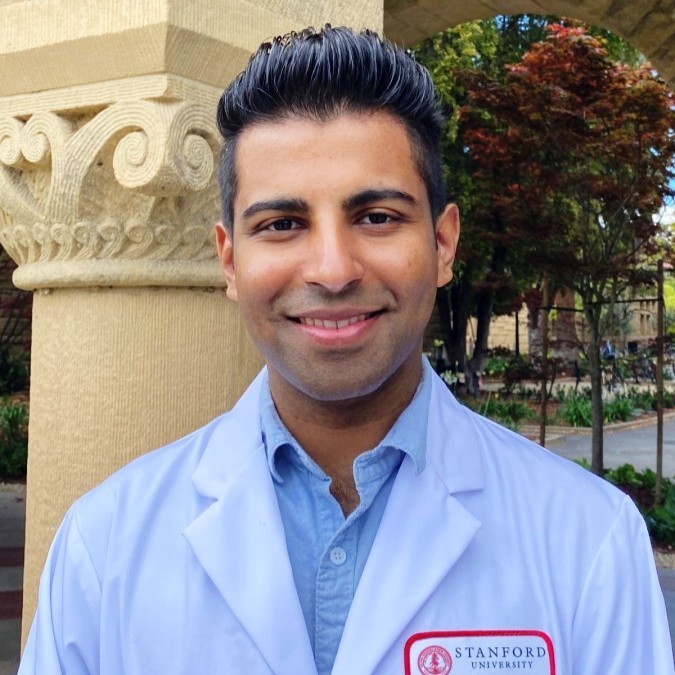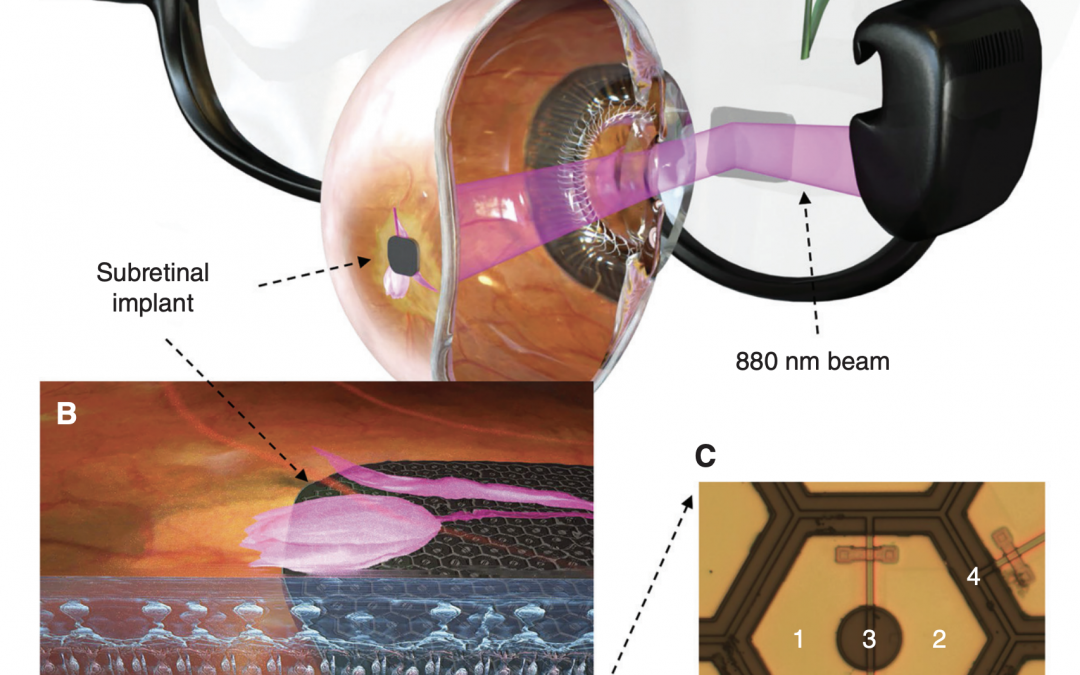
- Seminar
- Dr Mohajeet Bhuckhory
- Organized by: IB
- December 21, 2023, 12:00 p.m.
- Assembly hall of the Institute of Bioengineering, Edif. Vinalopó-UMH
Next 12/21/2023, at 12:00 p.m., a research conference titled “Restoration of vision in blind people using devices” will take place in the assembly hall of the Institute of Bioengineering, located in the Vinalopó building on the Elche campus. miniaturized photovoltaics” within the seminar program of the Master of Biotechnology and Bioengineering and the Doctoral Program of Bioengineering. The conference will be given by Dr. Mohajeet Bhuckhory, Researcher at Stanford University, and is organized by Prof. Eduardo Fernández Jover, Director of the UMH Bioengineering Institute.
Prof. Dr. Mohajeet Bhuckhory focuses his research in the field of Biomedical Engineering, Neuroengineering, Computer Vision.
Brief description of the talk
“Many degenerative retinal diseases can lead to blindness due to the loss of photoreceptors, which are the cells responsible for capturing light. These cells disappear, but the other cells and structures of the eyeball remain fully functional. Therefore, one possibility is to replace these cells with artificial devices capable of transforming light into electrical impulses that can be sent to the brain. Dr. Bhukory will present a miniaturized photovoltaic substitute for lost photoreceptors, which converts light into pulsed electrical current, thereby stimulating secondary neurons in the retina. The complete device consists of a camera that captures visual information and projects it onto the retina through augmented reality glasses using near-infrared pulsed light (~880 nm). This design avoids the use of bulky electronic devices and cables, greatly reducing surgical complexity and allowing the number of electrodes to be significantly increased. The chip is implanted in the retina through a minimally invasive surgical procedure. The device is currently in clinical trials. Preliminary results demonstrate that the system is well tolerated and implanted patients are able to perceive visual stimuli and identify complex patterns, numbers and letters. The ease of implantation of these photovoltaic microdevices combined with their high resolution opens the doors to functional restoration of vision in some blind patients.”
Awards and honours
Other information of interest
Dr Bhuckory graduated with honors in Applied Biomedical Sciences from the University of Abertay Dundee, Scotland. He completed his PhD at Queen’s University in Belfast, Northern Ireland, where he specialized in experimental medicine studies applied to vision. He has worked on the development of optical and electronic technologies for diagnostic and therapeutic applications in the field of ophthalmology. In 2018 he joined Stanford University, California, USA, to work on developing a new generation of retinal implants to improve vision. He currently collaborates in the optimization of surgical techniques for the implantation of subretinal artificial vision devices and in the development of innovative optoelectronic systems to improve visual function in people with severe visual problems.

